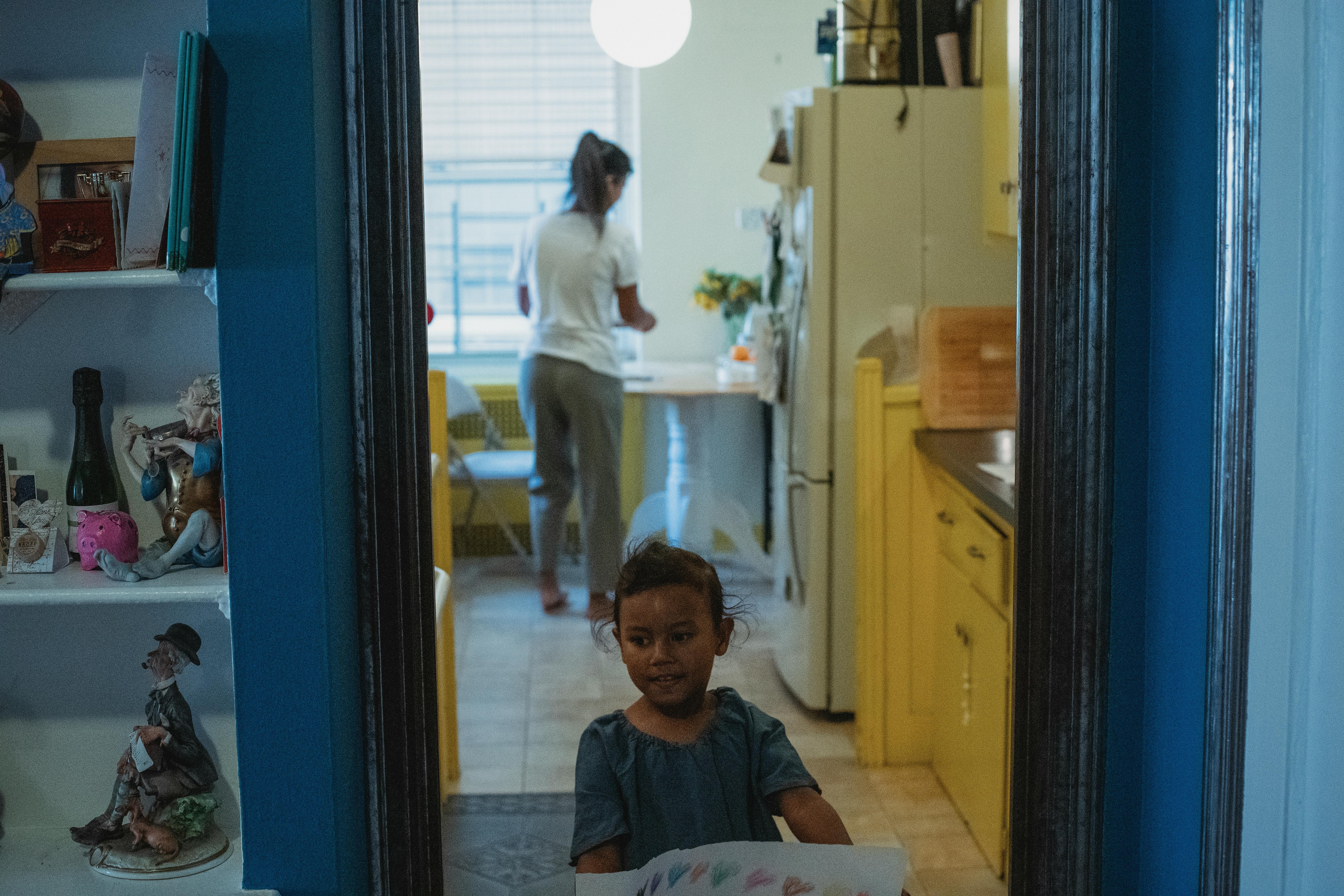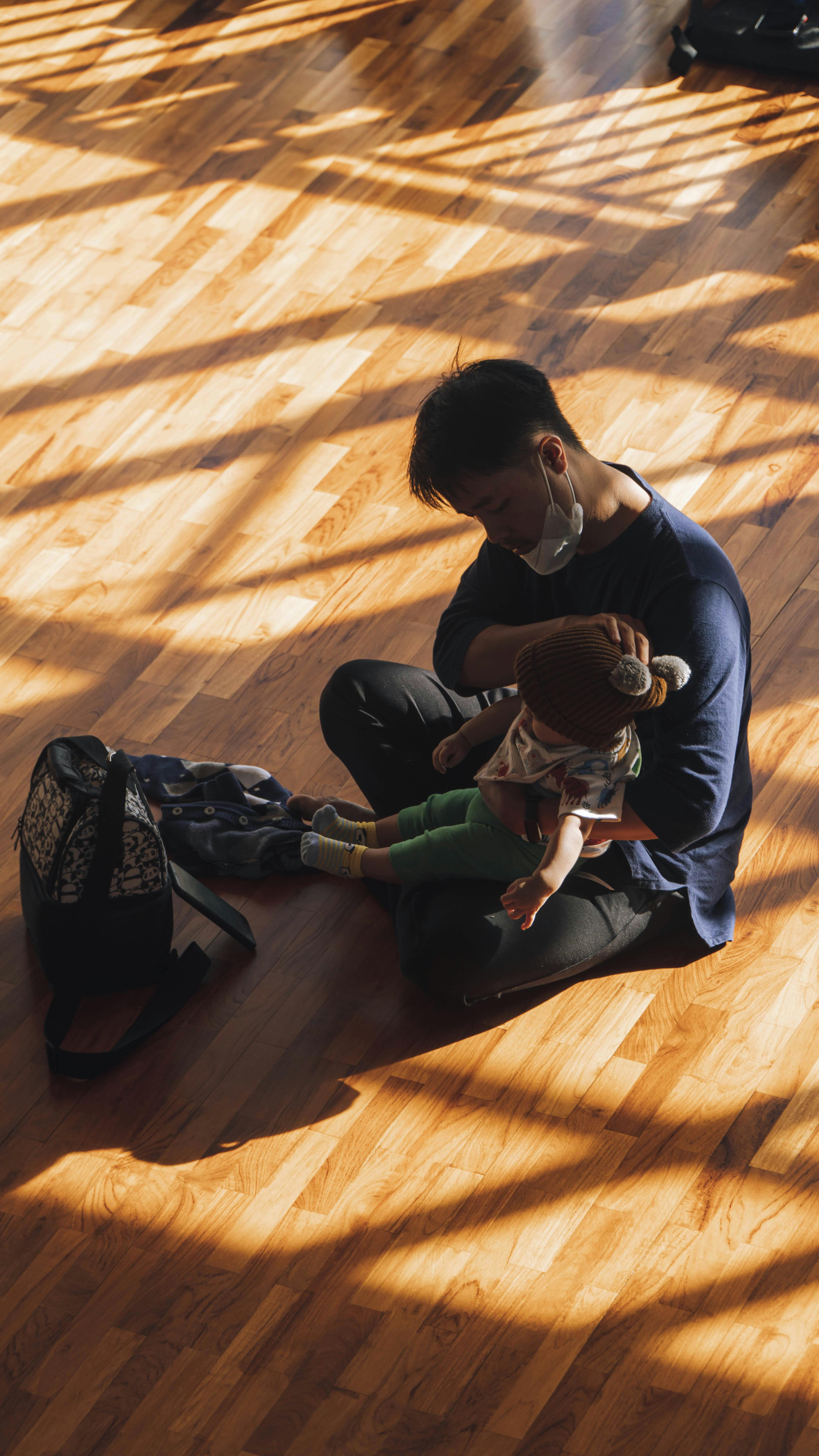Table of Contents
Establishing a safe environment
One of the most important safety tips for babysitters is to establish a safe environment for the children in your care. This means making sure that the home is free of hazards such as loose cords, sharp objects, and poisonous substances. It also involves creating designated play areas where children can engage in activities without risk of injury. By taking the time to assess the home and make it safe for children, you can prevent accidents and ensure a secure environment for the children in your care.
On-Demand Childcare in Your Neighborhood
Book a Sitter
Childproofing the home
Childproofing is an essential aspect of babysitting that cannot be overlooked. Babysitters should be familiar with basic childproofing techniques, such as installing safety gates, securing cabinets, and covering electrical outlets. It is important to childproof the home before the parents leave to prevent accidents and injuries. By taking the time to childproof the home, you can create a safer environment for the children and provide peace of mind for both yourself and the parents.
Supervising children at all times
One of the most important responsibilities of a babysitter is to supervise children at all times. It is crucial to keep a close eye on the children, especially younger ones, to prevent accidents and injuries. Babysitters should actively engage with the children by playing games, reading books, and participating in other activities to ensure their safety and well-being. By maintaining constant supervision, babysitters can respond quickly to any emergencies that may arise and keep the children safe.

Knowing emergency protocols
Babysitters should be familiar with emergency protocols and procedures in case of accidents or injuries. This includes knowing how to contact emergency services, administering basic first aid, and communicating with parents in the event of an emergency. Babysitters should also be aware of any specific medical conditions or allergies that the children in their care may have and know how to respond appropriately.
By being prepared for emergencies, babysitters can act quickly and effectively to ensure the safety and well-being of the children.
Communicating with parents
Effective communication with parents is essential for a successful babysitting experience. Before the parents leave, babysitters should discuss important information such as emergency contact numbers, bedtime routines, and any special instructions for the children. Babysitters should also provide updates to parents throughout the evening and be available for communication in case of any questions or concerns. By maintaining open and transparent communication with parents, babysitters can ensure a smooth and safe babysitting experience for both themselves and the children.










